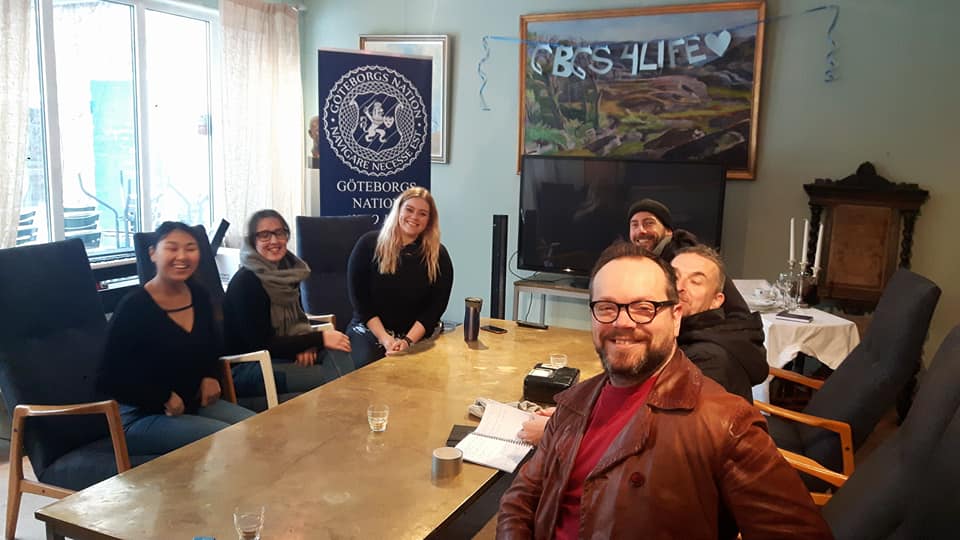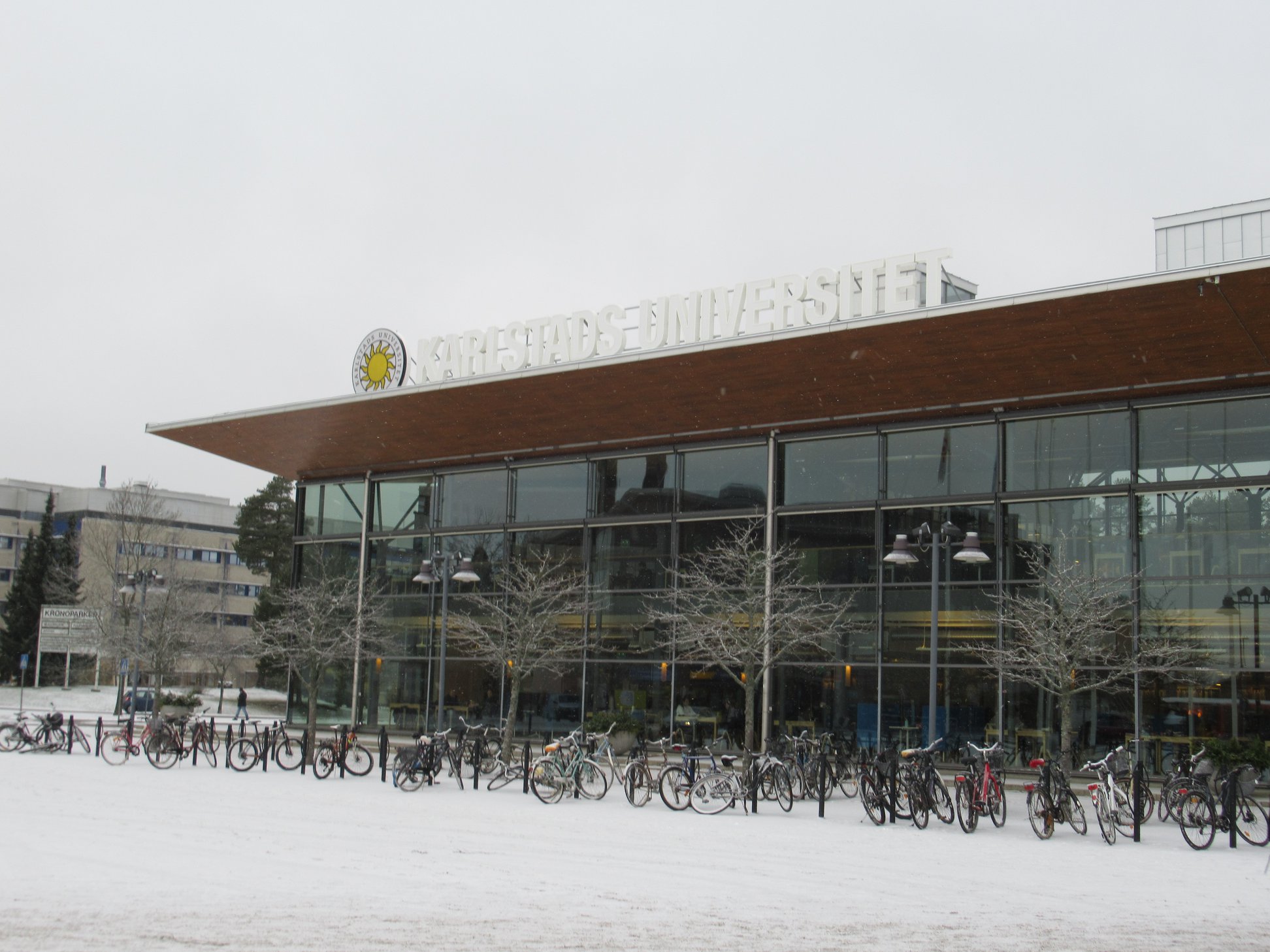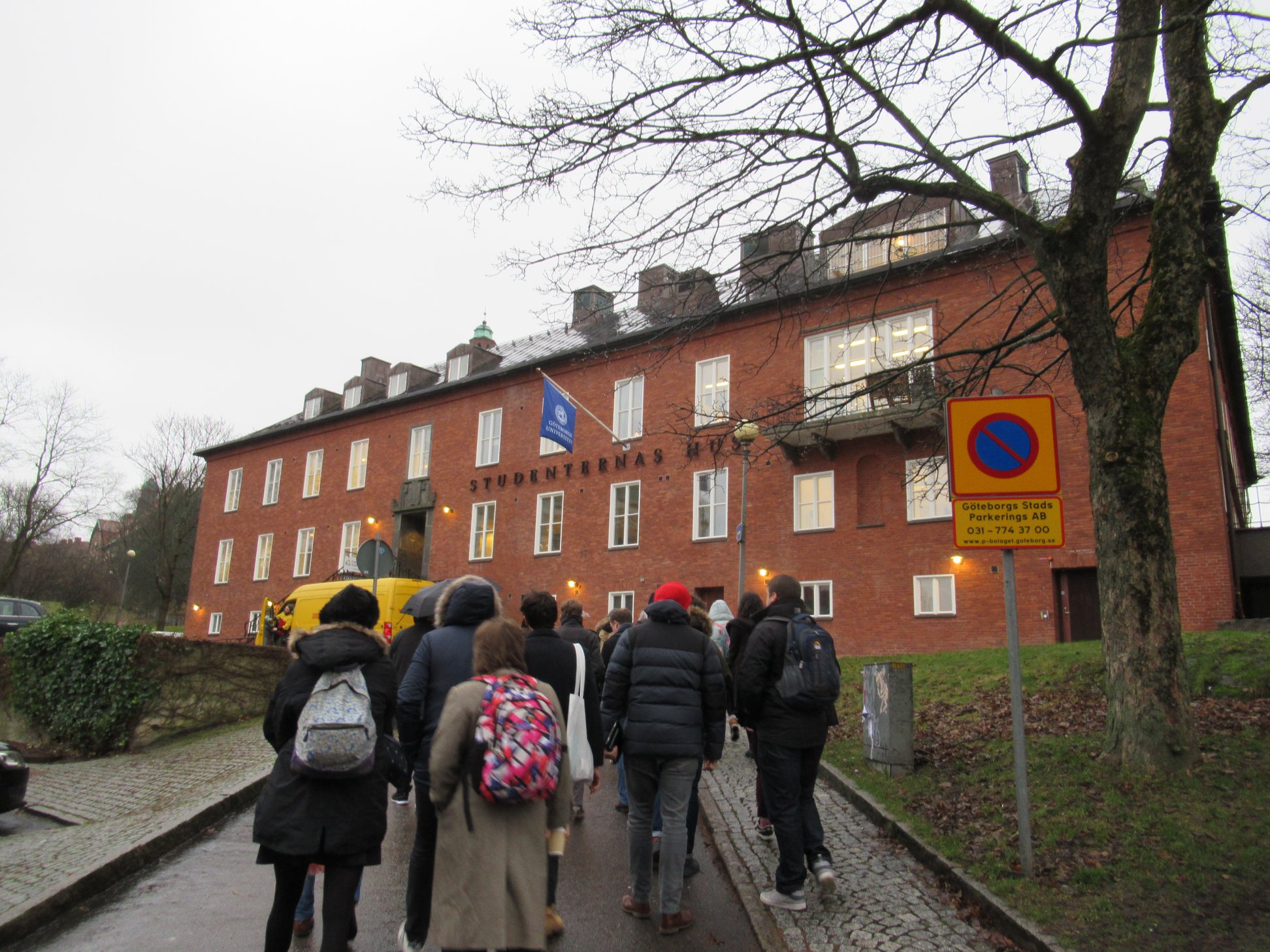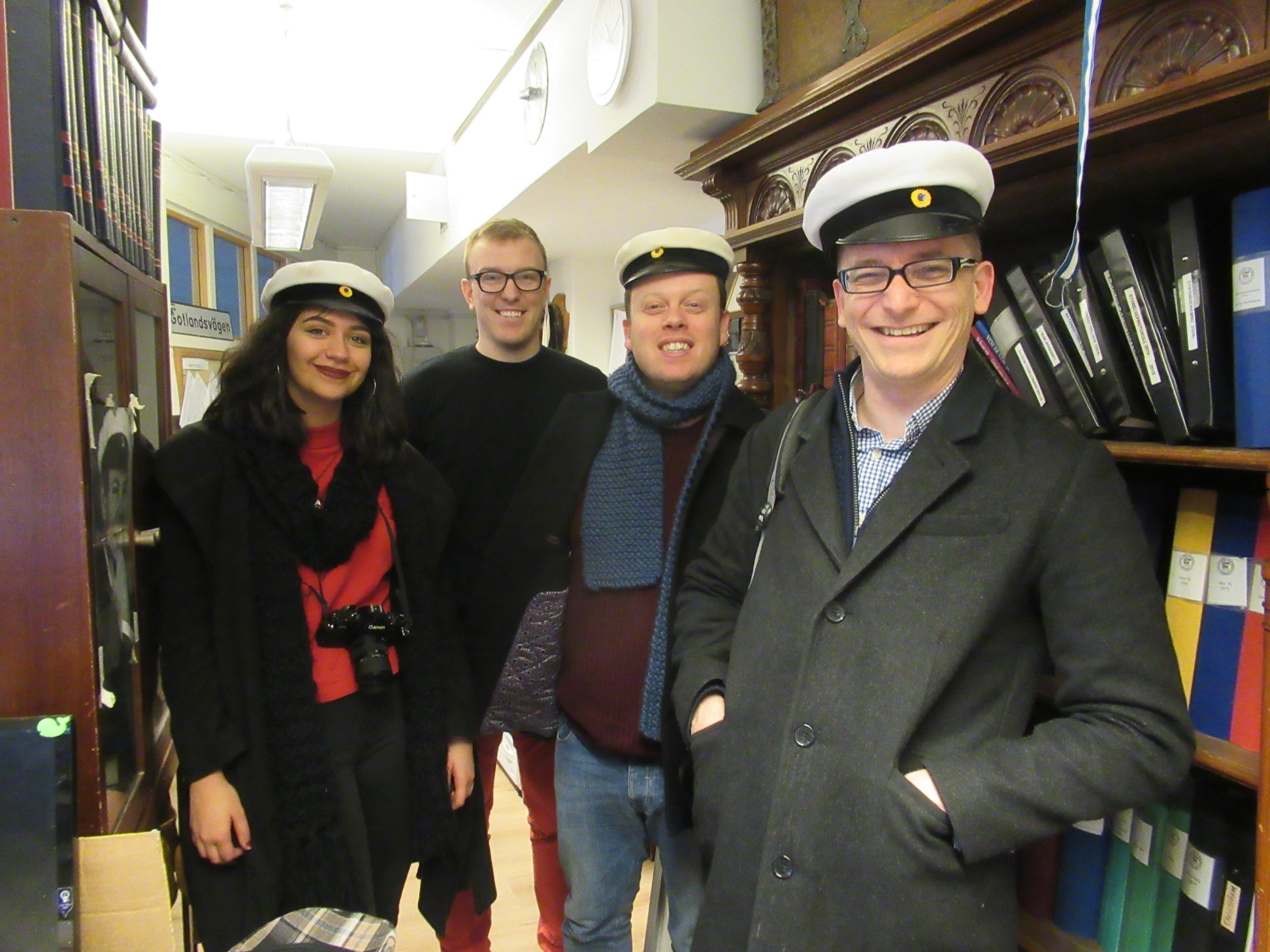We’ve done a lot of strategy work at Durham SU over the past year – and looked at students’ unions across the UK.
I’ve been struck by the… commonality… of our values, and how this contributes to our sector, our organisations and our work.
So many of us say that “innovation” or “creativity” is part of who we are – indeed at Durham, we speak about how “imagination” is in our DNA.
But how would you spot that from the outside? What demonstrates that we investigate, discover, think, and act, in new and exciting ways, for the benefit of our members?
It’s always difficult to find time and money for development, organisational and personal, particularly in tight times.
There’s loads of literature, academic and professional, about the “guilt” that comes from expending resource in ways that don’t immediately touch or aren’t recognised by beneficiaries.
But I’m more and more convinced that our old commitment to imagining new ways of doing things for students needs exposure to different people, cultures and policy frameworks.

Resourcing development
We, rightly, put a lot of resource every year into student leader development. We should also be in a position where we invest in shaping the future, which is just as important as coping with the present.
Our universities absolutely understand this, and incentivise students to expand their minds by engaging across the world.
But I think that student organisations in the UK can suffer from a lack of innovation, little experimentation, and few new “game-changers”.
For all of our different brand colours and mission statements, we are really mostly packaging up the same services that we’ve run for the past twenty years – each Freshers’ Week we just pretend they’re just as fresh.
A bit of market research, consultant-led “reviews” and marginal improvements on existing services keeps us in the same place that we’ve been for a while – while becoming more knackered.
We’ve got, in other words, almost as much as we can from mimicking each other. What does it mean to value collectivism, partnership, collaboration, diversity, as well as imagination? It means putting our money where our values are.

Out and about in Europe
To do so, over the past few years we’ve prioritised the Wonkhe study tours as the best example of professional development and living out our values.
And so I want to encourage more of my colleagues to think about joining me on the next round.
The exposure to the context and history of a place has helped me to understand how student organisations have grown and how they operate. That act of reflection helps me lead the staff at Durham SU as we respond to our own challenges, in our own context.
Belgian SUs have direct relationships with regional ministers because they’re a federated state; in England – in Durham – the Metro Mayor agenda means we’ve got to get much better at influencing housing policy locally, and not through Westminster.
Course reps in Sweden organise locally in their own disciplines, not as part of a central SU system, and we think it might be the way that Durham can win student confidence in the strength of their voice at our university.
We also found, in Lithuania, the bizarre reality of a student right to veto actions by university management that affected student experience. I’ll be honest that we’re probably not going to be able to achieve that at Durham. But it was food for thought.
There are countless other examples of things we’ve learned, changed, adapted or been inspired by – but crucially the experience is about deeper thought.
This is learning and development, not copy and paste work, and so is crucially important for the future of students’ unions.
You can read the synopsis of previous trips, and listen to the podcasts recorded in random bars in various bits of Europe (featuring my thoughts, for anyone interested) on the site.

Who’s on the bus?
I’m particularly keen for CEO and senior manager colleagues to prioritise their organisational and personal development, join in this work, and come on one of the trips.
We need people on the bus – both literally and figuratively – who have the power to lead conversations about their own organisations, and about our movement as a whole.
And that’s harder to do if you don’t have the power to start and finish conversations about change.
I’ve had great conversations with colleagues at all levels of their students’ union on these trips, but I think the challenges facing students’ unions need us to step up, now.
An officer and a senior staff member are an ideal pair to join up the different interests in our context, and take it to our wider teams, our boards, our councils and our universities. Just don’t expect much spare time to explore the cities.



















